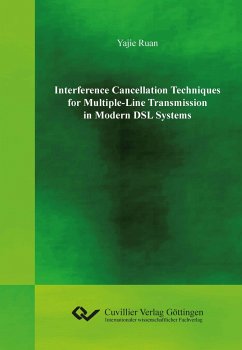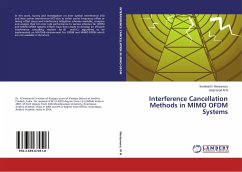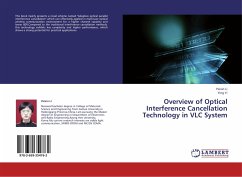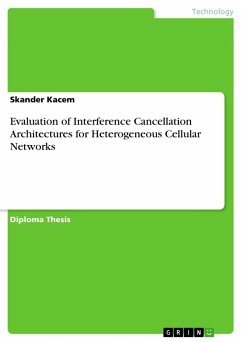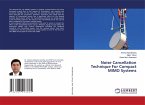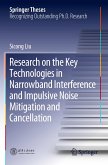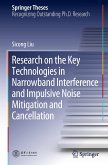Ever since the invention of the first telephone by Phillip Reis in 1861, the twisted-pair copper wiring exists worldwide as part of gradually constructed infrastructure to support speech communications with an extremely large coverage. Developed over a century, the expanding network contains several hundred million copper telephone loop plants. Indeed, such huge resource can be used not only for voice communications but also for today¿s digital communications and transmission technique with extremely high data rates. Therefore, the technology which can enable broadband digital communications over the existing telephone infrastructure is urged. Digital subscriber line (DSL) technology was developed to provide digital data transmission as well as telephony since the late 1980s [SCS99] [SSCS03]. In the past three decades consumer-oriented Asymmetric DSL (ADSL) as well as High speed DSL such as high bit rate DSL (HDSL), Symmetric DSL (SDSL) and Very high speed DSL (VDSL) were designed and operated in the market. Nowadays, driven by the new applications such as the triple play of voice, data and video, consumers start to require fiber-fast broadband capacity and additionally high reliable transmission. Unfortunately, extending fiber to every home is still economically infeasible. Modern DSL systems such as VDSL2 systems are expected to be the last mile between the customer premise equipments (CPE) and the fiber-network core, and to enable the transmission with higher data rate and better quality of service (QoS).
Hinweis: Dieser Artikel kann nur an eine deutsche Lieferadresse ausgeliefert werden.
Hinweis: Dieser Artikel kann nur an eine deutsche Lieferadresse ausgeliefert werden.

